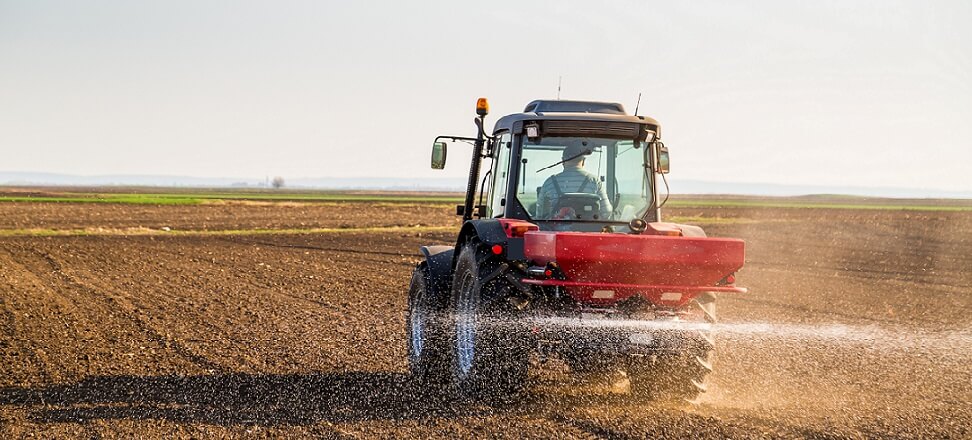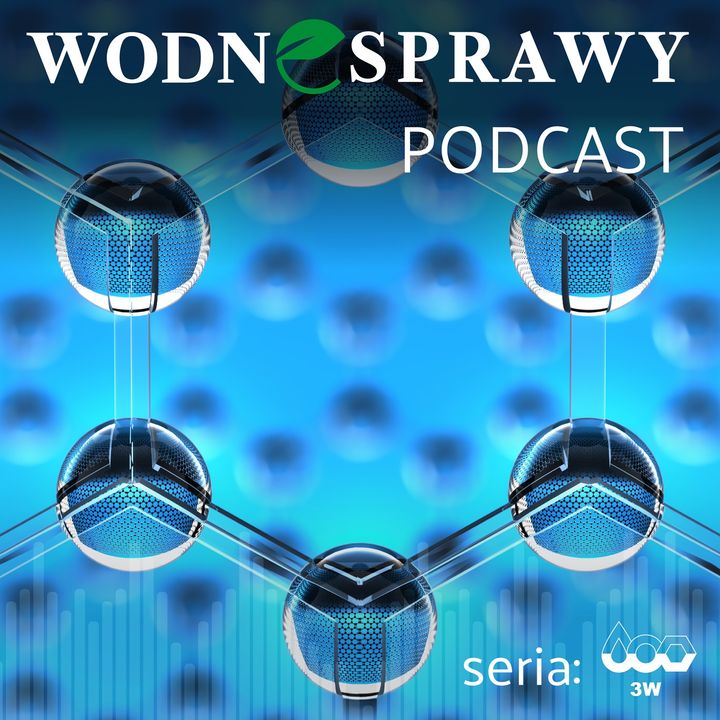In order to create a European market for recycled phosphorus and push for more sustainable use, the European Phosphorus Platform was established in March 2013, following the first European Conference on Sustainable Phosphorus, under a declaration signed by more than 150 organizations. Sustainable Phosphorus Partnership (ESPP).
It is worth mentioning that phosphorus is a non-renewable resource, irreplaceable in food and fertilizer production, an integral part of modern agriculture, directly related to food security. Phosphorus, due to its widespread use, is a substance that contributes to eutrophication and deterioration of surface water quality in much of Europe. Its sustainability issues are closely linked to other challenges, including nitrogen management, water treatment, food waste, soil erosion, pollution and food safety.
The ESPP provides knowledge sharing, experience transfer and opportunities in the field of phosphorus management, facilitates discussion between the market, stakeholders and regulators, addresses regulatory obstacles, contributes to policy proposals, disseminates information through newsletters, website, conferences and publications, and contributes to a long-term vision for the sustainable development of phosphorus in Europe.
In its latest announcement, ESPP says it is expanding its statutory goals and activities to include recycling of other nutrients. Starting in 2023. The ESPP is to undertake activities in the recovery and recycling of nitrogen and other nutrients. However, the ESPP will not get involved in issues such as crop nitrogen efficiency, nitrogen losses, nitrogen and climate change (except where they are relevant to the ESPP’s main objective of sustainable phosphorus use). The release emphasized that the core competency of the ESPP remains phosphorus.
In the ESPP’s area of interest for 2023. included:
- INMAP (EU Action Plan for Integrated Nutrient Management);
- EU water policy: urban wastewater treatment directive, sewage sludge directive;
- The use of recycled nutrients in organic farming and the submission of the documentation necessary to obtain approval for their use;
- Nitrate directive and fertilizers derived from recycled manure.

 Polski
Polski






